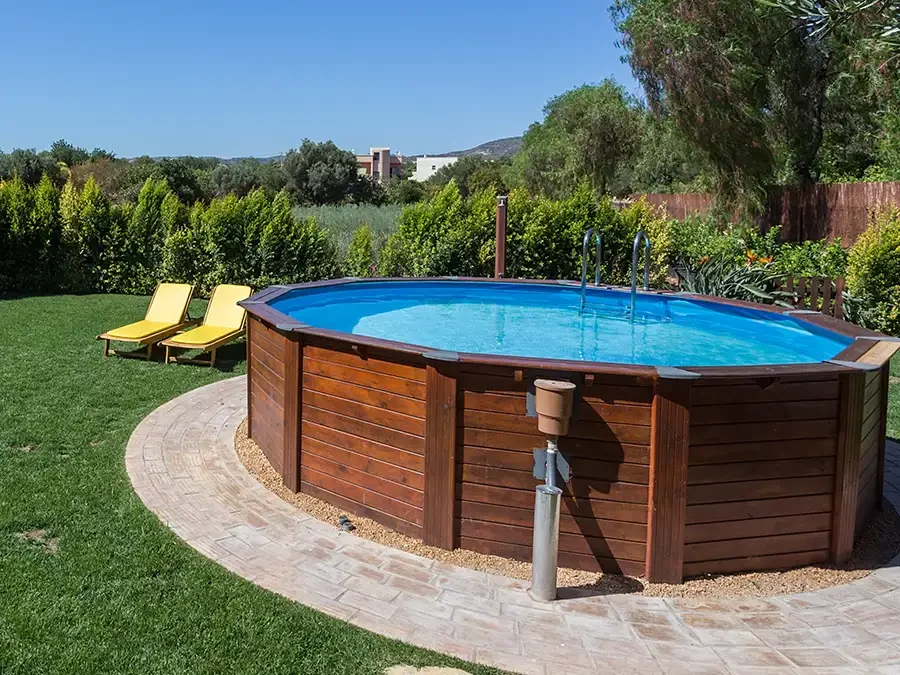When it comes to creating an oasis in your backyard, installing a swimming pool is often a top consideration. Among the options available, above ground pools have gained popularity for their affordability, ease of installation, and versatility. However, like any major addition to your property, there are both advantages and disadvantages to consider before diving in. In this article, we’ll delve into the pros and cons of above ground pool installation, helping you make an informed decision for your home.
Pros of Above Ground Pool Installation:
-
Affordability: One of the most significant advantages of above ground pools is their lower cost compared to in-ground options. They typically require less material and labor for installation, making them a budget-friendly choice for homeowners looking to enjoy the benefits of a pool without breaking the bank.
-
Easy Installation: Unlike in-ground pools, which require extensive excavation and construction, above ground pools are relatively easy to install. Many models come with comprehensive installation instructions, and some can even be set up in a matter of hours with the help of a few friends or family members.
-
Portability: Above ground pools are not permanent fixtures, meaning they can be disassembled and relocated if necessary. This portability is especially advantageous for renters or homeowners who may want to take their pool with them if they move.
-
Safety: In many cases, above ground pools can be safer for families with young children or pets. Their raised edges make them more difficult for small children to access without supervision, reducing the risk of accidental drowning. Additionally, many models offer optional safety features such as locking gates and ladders to further enhance security.
-
Versatility: Above ground pools come in a variety of shapes, sizes, and styles to suit different preferences and spaces. Whether you have a small backyard or a sprawling lawn, there’s likely a model that will fit your needs and aesthetic preferences.
Cons of Above Ground Pool Installation:
-
Durability: While above ground pools can provide years of enjoyment when properly maintained, they are generally less durable than their in-ground counterparts. The materials used, such as vinyl or metal, may be prone to wear and tear over time, potentially leading to leaks or structural issues.
-
Aesthetics: While above ground pools have come a long way in terms of design, some homeowners may still find them less visually appealing than in-ground options. Their raised profile can sometimes detract from the overall look of a backyard, especially if not properly integrated into the landscape.
-
Limited Depth: Due to their design, above ground pools typically have shallower depths compared to in-ground pools. This can limit the types of activities that can be enjoyed in the pool, such as diving or water sports, and may not be suitable for serious swimmers.
-
Maintenance Challenges: Like any pool, above ground pools require regular maintenance to keep the water clean and safe for swimming. However, their above-ground design can make certain maintenance tasks, such as cleaning the sides or bottom of the pool, more challenging and time-consuming.
-
Long-term Costs: While above ground pools may have a lower upfront cost than in-ground options, it’s important to consider the long-term costs of ownership. Over time, maintenance, repairs, and potential replacement of components can add up, potentially offsetting the initial savings.
Above ground pool installation offers a range of benefits, including affordability, easy installation, and portability, making them an attractive option for many homeowners. However, it’s essential to weigh these advantages against the potential drawbacks, such as durability concerns, limited depth, and long-term costs. By carefully considering your needs, budget, and preferences, you can determine whether an above ground pool is the right choice for you and your family.
